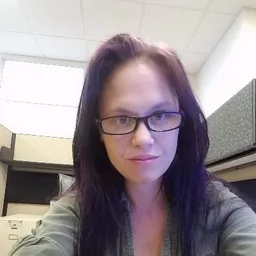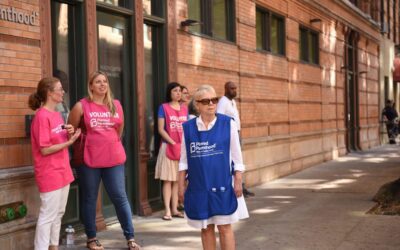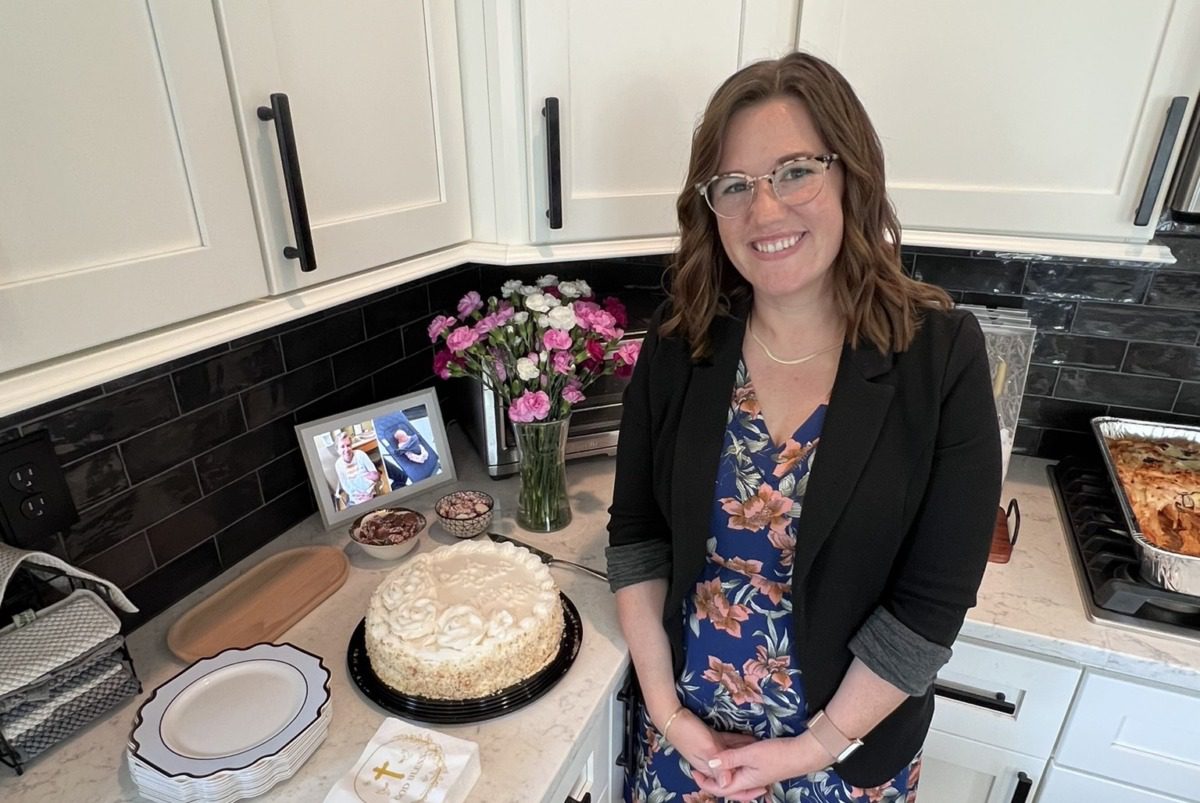
Kristen Walsh
“It was all worth it because that’s what I wanted. I wanted my family. And it is so sad that so many people want to take that away.’”
The same week the US Supreme Court overturned Roe v. Wade, Kristen Walsh had to undergo an abortion.
It was the second abortion that Walsh, a resident of Lower Macungie, had to have in the span of a year. Both times, Walsh was pregnant with a baby that she and her husband desperately wanted. Both times, the fetus suffered from a medical abnormality that would prevent it from living more than a few minutes after birth, if it even survived the pregnancy.
“I was able to have a relatively safe and easy procedure that I needed for my own health care,” Walsh said about her abortions. “This was already traumatic for me. But when Roe v. Wade was reversed, I’m sitting there thinking, this is already the worst thing I’ve ever been through—but to force me to have to carry a baby I know is not going to live is really, really cruel.”
“I’m a person who lives on hope, and in those moments, I had none.”
The fight over abortion and reproductive rights has been center stage since the US Supreme Court overturned Roe v. Wade, which had federally protected the right to an abortion up to the point of fetal viability—typically around 24 weeks into a pregnancy—for nearly 50 years. That allowed elected state officials to decide whether abortion would be legal within their borders. In many states, the fall of Roe triggered abortion laws passed more than a century ago to come into effect, leading, in an alarming number of cases, to the death or serious harm of women all over the country.
While abortion is still legal in Pennsylvania up to 24 weeks, that doesn’t mean it always will be. In fact, it’s a top issue for voters heading into the presidential election.
And it’s not just about abortion. Contraception and in vitro fertilization have both been threatened by elected Republicans in the states, conservative-majority state Supreme Courts, and by Republican presidential candidate Donald Trump.
Without in vitro fertilization (IVF), Walsh would not have been able to have a healthy baby girl in May 2024.
The new mom said she is lucky and is fully aware of the fact that other women in her position may not have the same options in the future.
“It was all worth it because that’s what I wanted,” Walsh said. “I wanted my family. And it is so sad that so many people want to take that away.”
From Abortion and IVF to Motherhood
Four years after getting married, Walsh, 35 at the time, and her husband decided they wanted to start trying to have a family. She got pregnant almost immediately. Because of her age, Walsh had to go in for a 13-week ultrasound.
“We didn’t think anything of it,” she said. “It was a pretty normal scan from what I thought. I even remember my husband saying ‘Oh, not a lot of brain yet, but it’s going to be there soon.’ We didn’t know what we were looking at. It turned out that the lack of developing brain was very abnormal.”
Doctors informed Walsh that the fetus likely would not survive the pregnancy, and if it did, it would not live long after birth.
Walsh and her husband made the hard decision to terminate the pregnancy. Afterward, doctors performed tests on the fetus to find out if the issue was a chromosomal abnormality, but told the couple in the meantime that they could keep trying for a baby.
“So we did, and we got pregnant right away,” Walsh said.
It was April 2022 and the chromosomal abnormality test had come back negative. Walsh went in for another 13-week ultrasound. This time, the abnormality was worse.
Walsh would have to undergo a second abortion.
“I remember being in the shower the night before [the second abortion],” Walsh said, “and just kind of thinking, this baby is still alive, but not really. I could already feel them moving. And it was really, really hard. It was weird ‘cause I was thinking, I really, really wanted this baby, but at the same time I was thinking I can’t wait for this to be over so I can move on. The trauma itself was so bad. I was crying constantly. I wasn’t even sure if I could have kids, at this point.”
Just a few months later, stories would begin to emerge of women with similarly tragic pregnancies who weren’t permitted legal abortions and were forced to carry and deliver babies who died in their arms, suffering and gasping for breath.
But in spring 2022—though a draft of the decision had already been leaked—the US Supreme Court had not yet overturned Roe v. Wade. And living in Pennsylvania, Walsh’s reproductive rights were safe for the foreseeable future.
After doing genetic testing on the two fetuses, as well as on Walsh and her husband, a genetic counselor determined that Walsh and her husband both had a very rare gene mutation. Both of their mutations happened early in the gene, Walsh said, meaning any time one of their fetuses was a carrier for the gene not only would it be affected, it would have Walker-Warburg syndrome.
Walker-Warburg syndrome is a rare inherited disorder that affects the development of the muscles, brain, and eyes.
“There is a one in four chance it might happen in my pregnancy and a two in four chance that the fetus will be a carrier for it,” Walsh said. “So we just rolled the dice wrong twice in a row.”
But then Walsh learned that IVF could be an option.
“There have been a lot of advances in IVF in the last several years,” Walsh said. “They can retrieve the embryos from me, and on day five, take a biopsy sample to test them for my carrier and his carrier. They were able to tell us which embryos are affected and have those bad genes, and which ones don’t carry any.”
After undergoing months of medication, injections, and four different rounds of embryo retrievals, doctors were able to get four good embryos from Walsh. One of those embryos was implanted and nine months later, Walsh gave birth to a healthy baby girl the couple named Vivian.
Meanwhile, just last month Republican lawmakers in the US Senate blocked the passage of the Right to IVF Act, a federal bill that would ensure access to fertility treatments. It was the third time this year alone that measures to protect IVF have been blocked by Republicans.
For Walsh, lawmakers’ efforts to control what women can do with their bodies is inhumane.
“All of this is just cruel and it’s all done under the guise of God-fearing people,” Walsh said. “Listen, I go to church. I believe in God. God is not punishing me by making it hard to have a child. He’s given me the IVF clinic. He’s given me the genetic counselor. He’s given me all of these tools so that I could have my daughter.”
Hope for the future
Walsh said she always wanted two children, and plans to have another of her viable embryos implanted next year.
“Every time I went to that IVF clinic, I sat there and thought, ‘I’m lucky,’” Walsh said. “I found out early [about the abnormality] and I was able to have a medical procedure to safely end that pregnancy without ramifications for future pregnancies. I knew exactly what the issue was and we were solving it and I continued to have hope. There are women and men who are still going to that clinic who don’t have kids. There are still people who are sitting in that clinic tonight waiting for a blood test. And that’s what breaks my heart, too, is that I’m just a lucky one.”
Support Our Cause
Thank you for taking the time to read our work. Before you go, we hope you'll consider supporting our values-driven journalism, which has always strived to make clear what's really at stake for Pennsylvanians and our future.
Since day one, our goal here at The Keystone has always been to empower people across the commonwealth with fact-based news and information. We believe that when people are armed with knowledge about what's happening in their local, state, and federal governments—including who is working on their behalf and who is actively trying to block efforts aimed at improving the daily lives of Pennsylvania families—they will be inspired to become civically engaged.

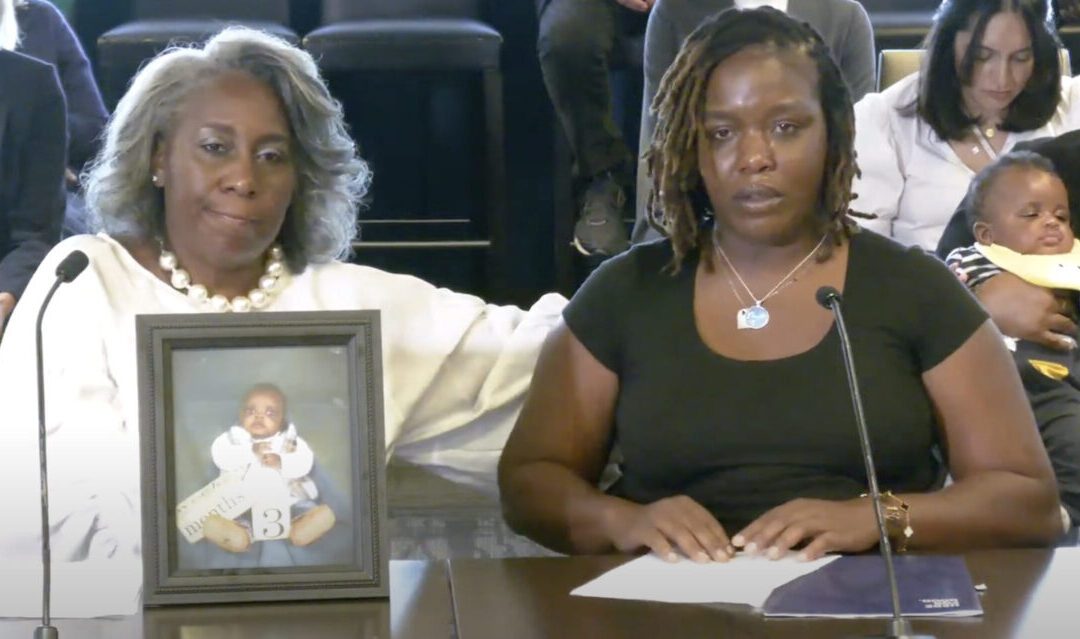
Pennsylvania’s maternal and infant mortality crisis through one mother’s loss
Pennsylvania’s growing maternal and infant mortality crisis is blamed in part on maternity care deserts and stigmas around care. This is one woman’s...
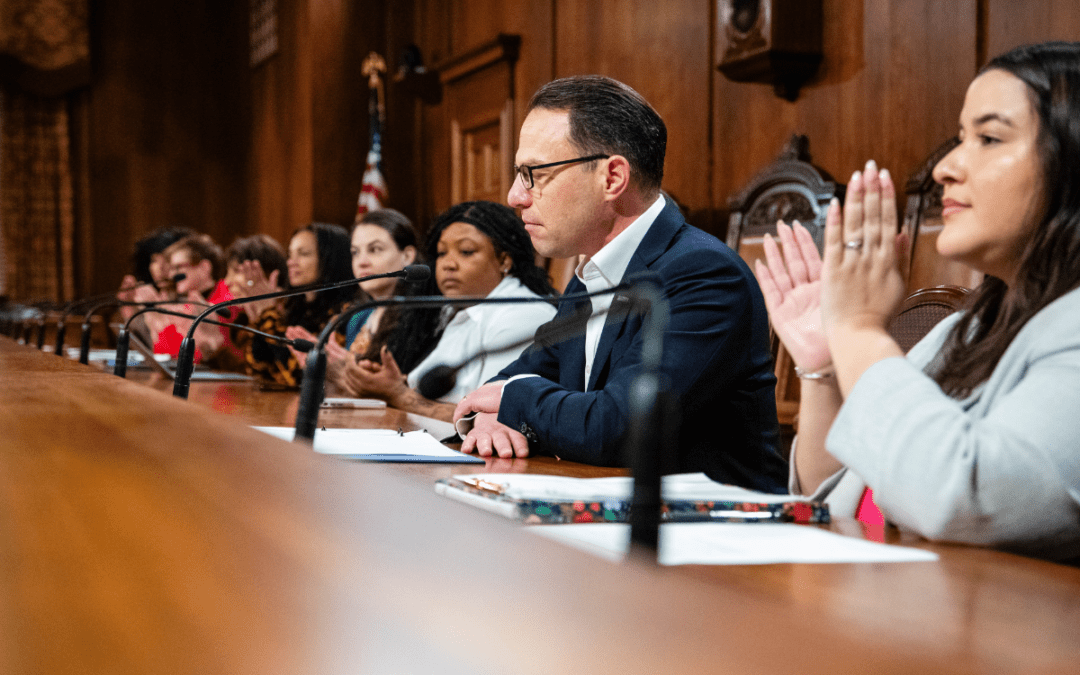
Gov. Shapiro joins lawsuit against against Trump administration over defunding of Planned Parenthood
The suit centers on a provision of the recently-passed mega bill , which enacts many of President Donald Trump’s domestic policy priorities. Gov....

The scary reality of losing Medicaid and health care options for one Pennsylvania woman
In the wake of Trump’s ‘One Big Beautiful Bill,’ thousands of Pennsylvanians are waking up to a new reality: the loss of Medicaid coverage, and the...
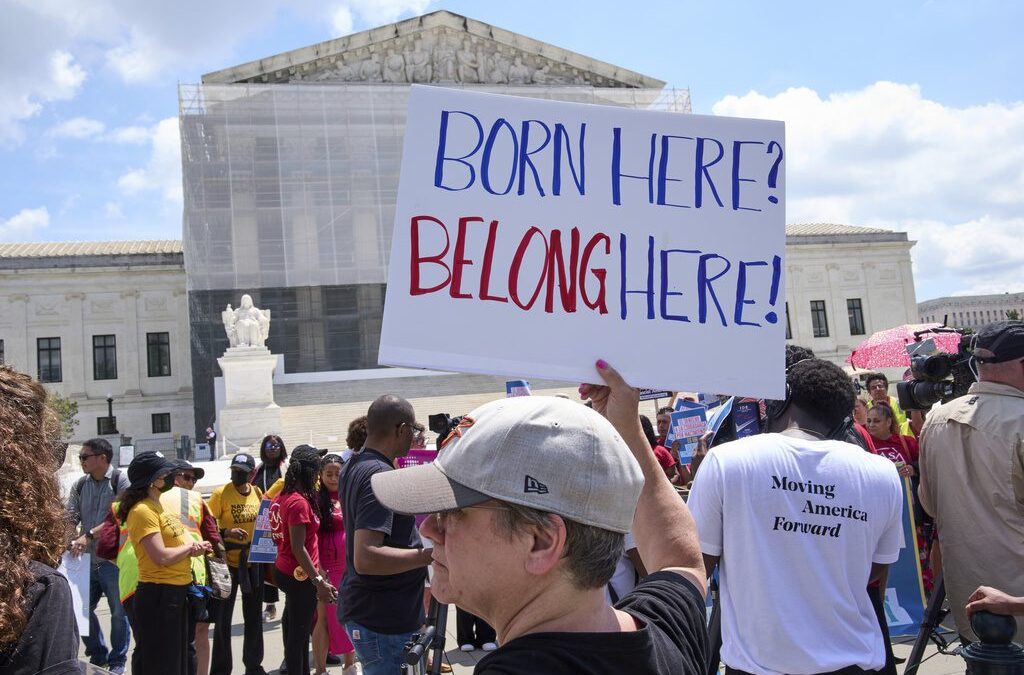
Supreme Court limits nationwide injunctions, but fate of Trump birthright citizenship order unclear
WASHINGTON (AP) — A divided Supreme Court on Friday ruled that individual judges lack the authority to grant nationwide injunctions, but the...

Contraception is health care: Pennsylvania House passes bill to expand birth control access
With employer-provided insurance no longer required to cover birth control, many in Pennsylvania are struggling to pay for necessary medical care....

